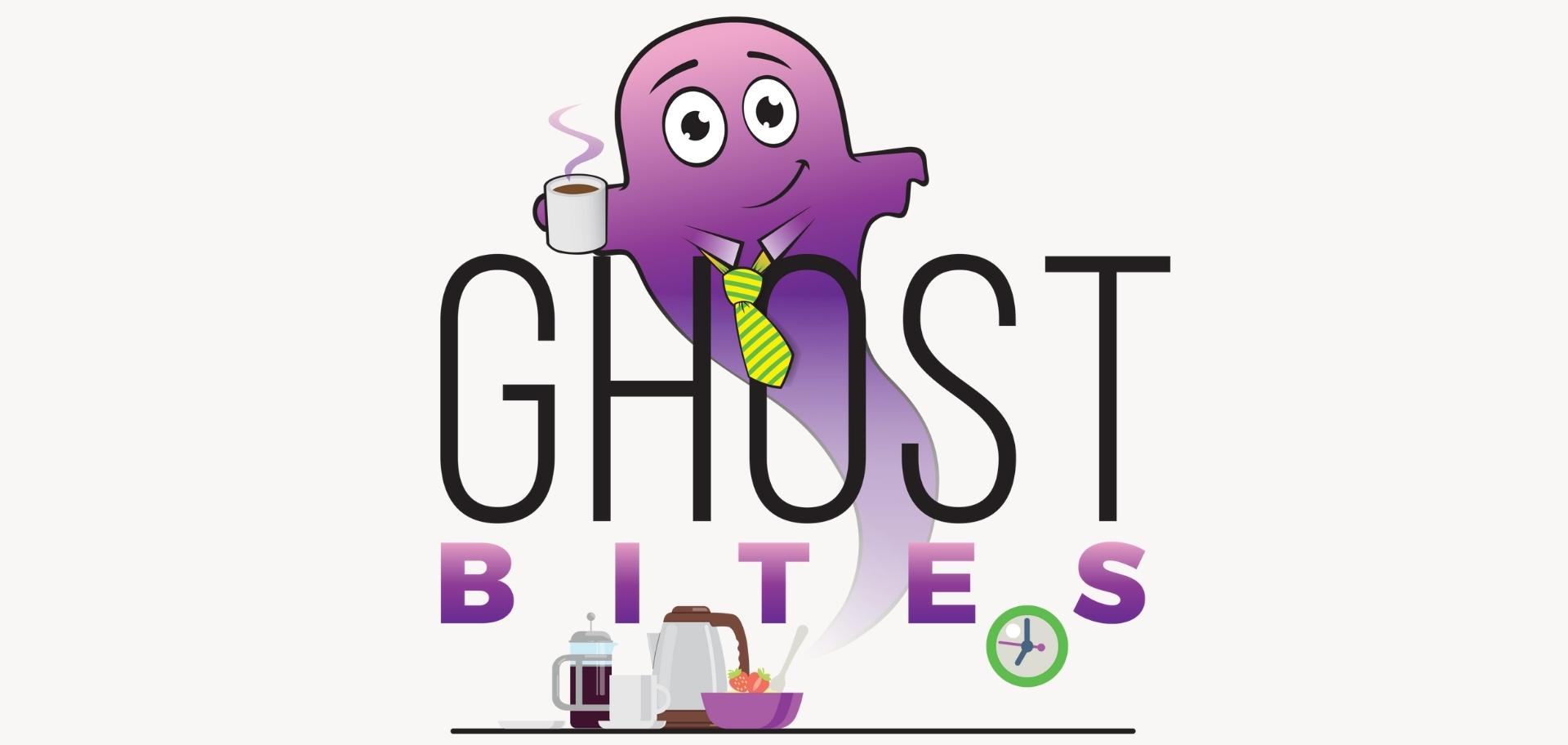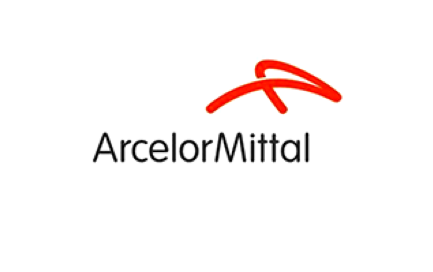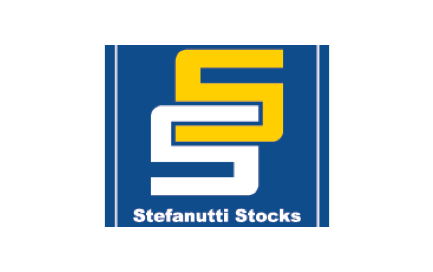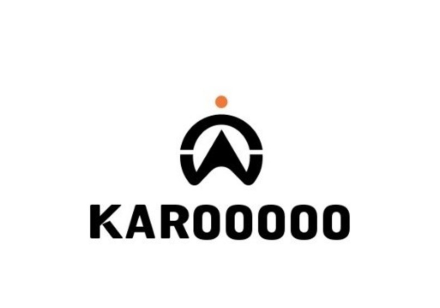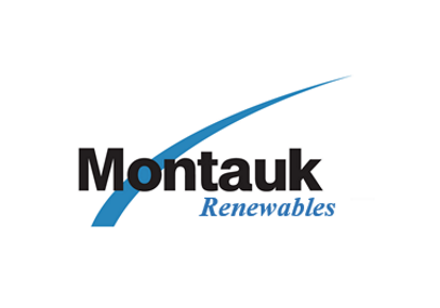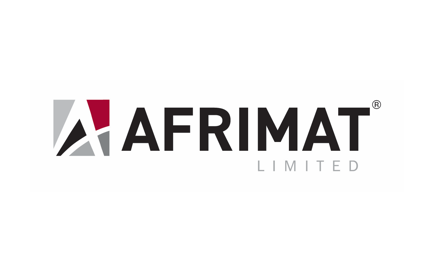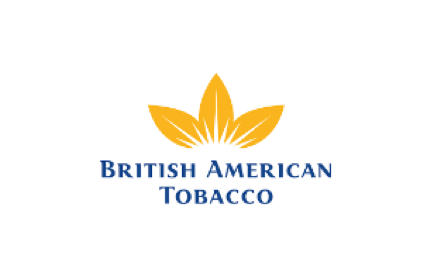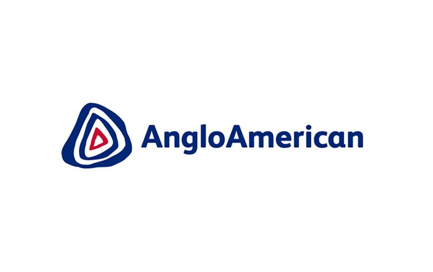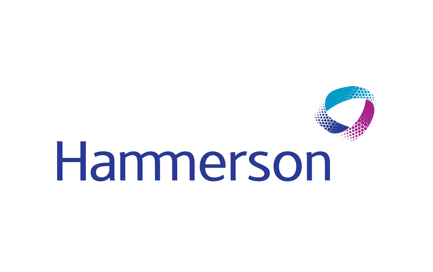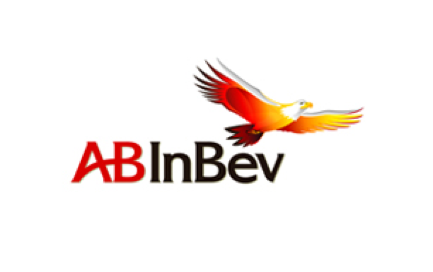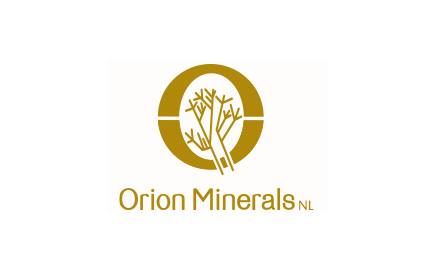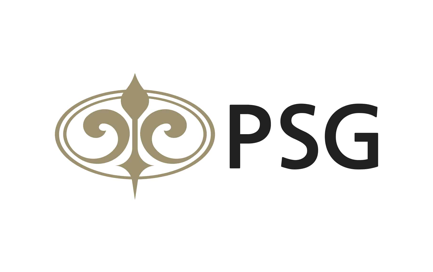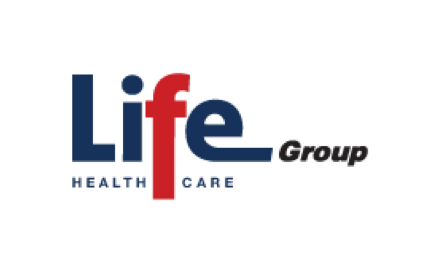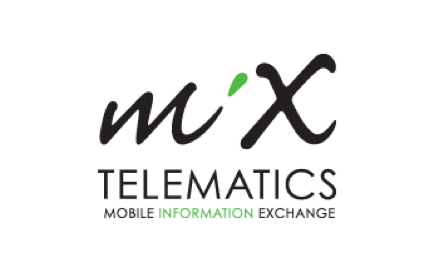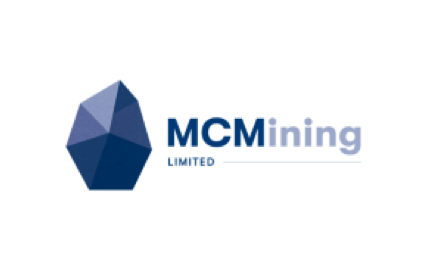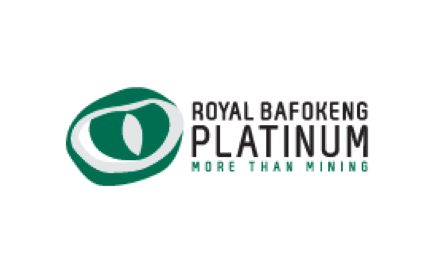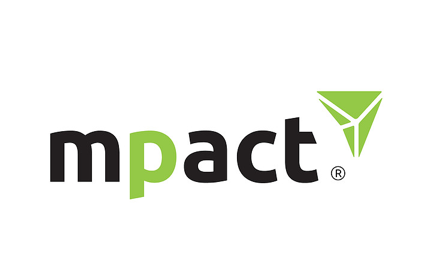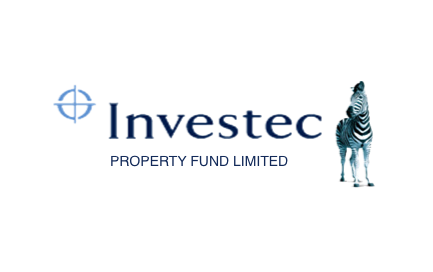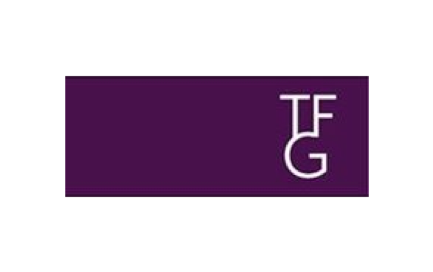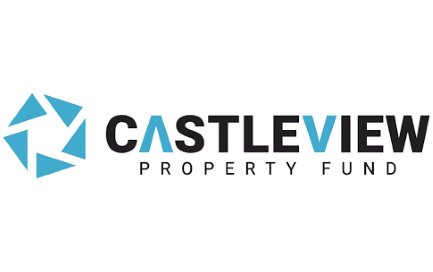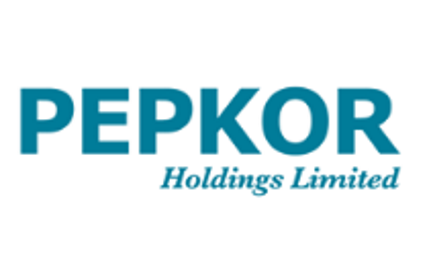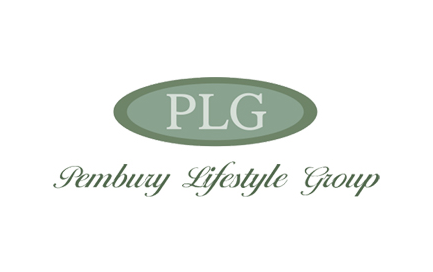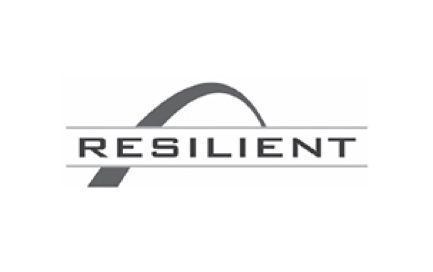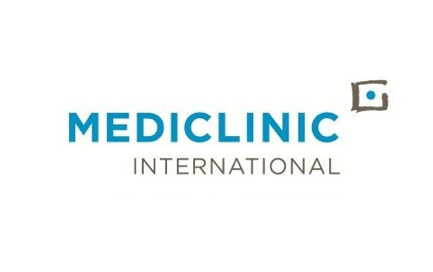Corporate finance corner (M&A / capital raises)
- Afrimat raised more money than expected, as R680 million is greater than the guidance given the prior day of a raise of 5% of the market cap. The company notes that there was strong demand for the shares, so it took advantage of this fact and gave its bank account a boost. The shares were issued at a 7.2% discount to the closing price the prior day, with investors suffering a 6.5% drop in the share price as a result. Remember, only institutional investors with deep pockets are approached to participate in an accelerated bookbuild.
- Investec Property Fund announced in April that it had received unsolicited interest for its Pan-European Logistics platform. This kicked off a formal sales process which has now been stopped in its tracks by macroeconomic conditions. This is clearly not the best time to be selling anything in Europe. The good news is that the underlying portfolio has reduced vacancies and achieved positive reversions (lease renewals at a higher rate than the expired leases), so this is a pricing issue rather than a problem with the underlying business.
- Castleview Property Fund has released the details of a reverse takeover and issue of shares for cash. This is a big transaction, including a number of Cape Town properties and a stake of over 50% in Emira Property Fund. This suddenly takes Castleview from an obscure fund with just two properties to being a mid-tier REIT with a net asset value of R5.5 billion. The seller of these assets is I Group Investments, which is effectively using the Castleview vehicle as a way to list these assets quickly.
- Resilient REIT has sold shares in NEPI Rockcastle worth R993 million, with the proceeds used to reduce debt.
Financial updates
- ArcelorMittal South Africa released financial results for the six months ended June 2022. Although sales volumes fell by 8% and crude steel production fell by a whopping 30%, an increase in the realised steel price in dollars by 23% (driven by constrained supply in the wake of the Russia-Ukraine conflict) led to a strong result. Revenue grew by 19.3% and Headline Earnings Per Share (HEPS) grew by 21.5%. Net finance charges fell by 44% thanks to a 61% reduction in net debt, which clearly contributed to the bottom line result. EBITDA is a measure of profitability before interest charges (and a few other things) and this line grew by 11.6%, lower than revenue growth and thus reflecting a deterioration in EBITDA margin. The company’s raw material basket (iron ore, coking coal and scrap – collectively 43% of the cash cost per tonne) increased by 41% compared to a 39% increase in the international raw material basket. There was emphasis on the company’s Value Plan Programme which resulted in improvements worth R577 million in commercial-related initiatives as well as cost-based initiatives. In cyclical businesses like these, cost containment is critical. The 30% drop in crude steel production was blamed on external factors ranging from rail service issues (which led to the month-long shutdown of a Vanderbijlpark blast furnace as well as intermittent stops due to insufficient inventory in other furnaces) to loadshedding and floods. On top of all this, there was a two-week labour strike! Average capacity utilisation fell from 59% to 42%, with the company expecting a recovery to 76% after the Newcastle blast furnace mid-life campaign restoration. With economic pressures clearly visible, ArcelorMittal is focused on preserving the gains made in recent years and managing cash carefully in a downward cycle. Of course, the company will intensify its efforts under the Value Plan Programme to further reduce costs.
- Sticking with mining, Anglo American Plc also released results for the six months ended June 2022. The balance sheet is looking incredibly healthy, with a net debt : annualised EBITDA ratio of just 0.3x. This has allowed the group to maintain its 40% payout policy, with a dividend of $1.24 per share. Still, HEPS came under pressure with a drop from $4.22 to $3.02. With a mining EBITDA margin of 52%, this is still a strong period for mining even if the year-on-year result doesn’t look great because of declining commodity prices and some production issues. The Quellaveco copper operation is an important driver of growth going forward, with the mine commissioned on time and on budget in this period. The share price is down nearly 13% this year.
- Pepkor Holdings released a voluntary trading update for its third quarter ended 30 June 2022. The non-payment of the Social Relief of Distress grant had a significant negative impact on May and June, with the flooding April as another challenge. Still, 5.1% revenue growth for the quarter is hardly a failure. Like-for-like sales were flat in Pep and Ackermans, which talks to the point around the grants and the damage to the distribution centre in April, which is currently only operating at 50% capacity. It is expected to operate at 80% capacity in the next month, although sales have already suffered due to this inefficiency. The R1 billion estimated damage from the floods (including disruption of operations) is fully insured and the group expects to receive an interim payment before the end of September 2022. Importantly, the local credit business is healthy and collections are at satisfactory levels. The Brazilian Grupo Avenida business is flying, with sales up 51.6% in constant currency. This acquisition will contribute 2% to group revenue this year and 4% next year. Looking beyond clothes, the furniture, appliances and electronics segment (mainly JD Group) grew by 3.7% and the building materials segment fell by 1.9% in line with what we’ve seen from other players in that market. The FinTech segment (Flash) changed its product mix and experienced a decrease in revenue. The group also received R517 million as a further interim payment from SASRIA for the July civil unrest, after R500 million was received in the previous financial year. An R80 million interim insurance payment for business interruption was also received by the group during this quarter, taking the total insurance payments for business interruption to R383 million. Although the group acknowledges the risks of rising inflation, it is pleased with the reinstatement of the Social Relief of Distress grant which will greatly assist its lower-income customers. Trading during July was strong and exceeded expectations.
- The Foschini Group (TFG) released a trading update for the first quarter of FY23 and the numbers look good, with retail turnover growth of 16.3%. TFG Africa grew by 11.2% (and 7.1% on a like-for-like basis), with Clothing up 13.1% and Homeware up 17.4%, confirming market share gains in both categories. The strategy to localise the supply chain continues to pay dividends here (literally). TFG Australia grew revenue by 15.7% in constant currency. TFG London did even better (with the recent update from competitor Truworths as another indication of better trading in the UK), with turnover up a whopping 39.9% in constant currency. At group level, online turnover grew 13.2% and now contributes 9.7% of total turnover, down from 10.2% in the comparable period. Looking segmentally, online turnover contributes 3.2% of TFG Africa’s turnover, 38.4% of TFG London’s turnover and 6.5% of TFG Australia’s turnover. TFG also confirmed that the effective date for the acquisition of Tapestry Home Brands is 1 August 2022, as all conditions have been met. Trading momentum is strong into July, with some silly numbers due to Covid disruptions in the base (e.g. TFG Australia is up 72.8% for the first three weeks of July).
- Karooooo Limited has released results for its first quarter ended May 2022. The company experienced Cartrack subscriber growth of 13%, with far fewer net additions in this quarter than the comparable quarter. The South African subscriber base was flat vs. the preceding quarter due to numerous external challenges in the local market. Cadence is strong though, with more net additions just in June than in the entire quarter ended May! There seems to be some traction in Southeast Asia at long last, though there is a long way to go. Total revenue increased by 28% year-on-year and subscription revenue (the one that really matters – R709 million out of R801 million total revenue) increased by 17%. Encouragingly, profit for the period increased by 44% and earnings per share increased by 42%. Cash generated from operations also headed in the right way (up 17%) although there were more payment defaults in South Africa due to inflationary pressures and the KwaZulu-Natal floods. The share price has clawed its way back to R405 and I still hold a stake in the business, albeit a smaller one than before as I trimmed it a few months back.
- MiX Telematics operates as a competitor to Karooooo and released results for the quarter ended June 2022. Subscription revenue was down slightly as reported and up 6.3% on a constant currency basis. Subscription revenue is 88.3% of total revenue. Gross margin fell from 65.5% to 62.0%. An increase in sales and marketing costs really hit net margin though, which fell from 12.4% to 6.9%. Significant capital expenditure (mainly in vehicle tracking devices) led to negative free cash flow.
- Anheuser-Busch InBev released results for the second quarter of 2022. Revenue increased by 11.3% and total volumes rose by 3.4%. Own beer volumes were up 2.7% and non-beer volumes were up 8.2%. There was a 9.7% increase in revenue of global brands (Corona, Stella Artois and Budweiser) beyond their home markets. Around 55% of revenue is now coming from the company’s B2B (Business-to-business) channels. Normalised EBITDA increased by 7.2%, with EBITDA margin falling by 127 basis points. Underlying earnings per share decreased from $0.75 in the comparable period to $0.73. Net debt to EBITDA improved slightly from 3.96x at the end of 2021 to 3.86x at the end of June 2022. The company expects EBITDA to grow between 4%- 8% in the medium term and revenue to grow at a higher rate, which is a roundabout way of saying that more margin pressures are coming. For the first six months of the financial year, HEPS increased by 15% to $1.43.
- Hammerson Plc closed 7.9% higher after releasing interim results. Adjusted earnings jumped by a rather spectacular 154%, with Covid impacts in the base period as an obvious contributor to this. There are other good news stories unrelated to the pandemic though, like a 20% decrease in gross administration costs and a 25% decrease in net finance costs. Net debt was reduced by 6% through asset disposals. Footfall at the retail properties reached 90% of 2019 levels and sales were ahead of 2019 levels in the second quarter. On a proportionally consolidated basis, loan to value improved from 39% at the end of 2021 to 37% by June 2022. An interim dividend of 0.2 pence per share has been declared and the board hopes to offer an enhanced scrip dividend of 2.0 pence per share, subject to shareholder approval.
- Royal Bafokeng Platinum released a trading statement for the six months ended June 2022. Although production increased by 4.5%, the drop in PGM prices and impact of inflation on operations led to a drop in HEPS of 58.1%. The market knows these things already as the commodity prices are observable at all times, so the share price hardly budged.
- Mpact Limited put out a trading statement for the six months ended June and the share price responded by closing 4.6% higher. Exports were reduced in the containerboard business, leading to a favourable mix effect. The paper business was driven by industrial and quick service restaurant customers, with fruit exporters lower due to supply chain issues. The plastics business was a mixed bag across the various products. Mpact is in discussions to exit the Versapak business. Net debt increased significantly, driven by capital expenditure and working capital outflows. HEPS from continuing operations is expected to be between 22.8% and 27.0% higher, as the company successfully managed a tricky period of inflationary pressures.
- Mediclinic has released a trading update and has reiterated its guidance for the full year. The happy news for everyone is that Covid-related admissions have obviously decreased substantially. Switzerland is expected to deliver “modest growth” in FY23 and EBITDA margin improvement to 16%. Southern Africa is expected to achieve revenue growth in the mid-single digit percentage range and an EBITDA margin improvement to nearly 20%. The Middle East is expected to delivery revenue growth in the mid-single digit percentage range and EBITDA improvement to around 15.5%.
- Montauk Renewables will be releasing its second quarter results on 9th August, in case you’re so excited that you want to diarise it.
Operational updates
- Orion Minerals released an operating update for the quarter ended June 2022. It was a very busy period, with $87 million in funding secured from Canadian company Triple Flag and the commencement of a three-tranche capital raising exercise with a target of $20 million. The trouble is that many parties who were set to participate in the capital raise have asked for “additional time to consider their involvement” given the broader economic challenges. The team is also figuring out how to bring the Prieska Project development schedule forward, even on a reduced scale if needed. The group also made significant progress with a strategic partnership in the battery materials sector, a growth area of note.
- MC Mining released an unusual announcement in which it cautioned shareholders about the uncertainty in the business in the wake of recent share price increases. The price closed 15.8% lower, so I guess it did the job of dampening enthusiasm. The group is working on funding for the Makhado hard coking coal project, expected to be a combination of debt and equity. There are also ongoing performance improvement initiatives at Uitkomst, including the announcement of a sales and marketing agreement that gives the company access to an export allocation at coal ports. This is a related party transaction as the counterparty to the agreement is owned by a non-executive director of MC Mining.
Share buybacks and dividends
- British American Tobacco is still busy with its daily share buyback programme.
Notable shuffling of (expensive) chairs
- Life Healthcare has appointed two new non-executive directors to the board who both come with extensive global experience. The group is focused on its offshore footprint and these appointments are clearly in line with that strategy.
- Pembury Lifestyle Group (currently suspended from trading) has appointed three new non-executive directors and a new Designated Advisor (required by each company listed on the AltX) as part of the plan to achieve a lifting of the suspension.
Director dealings
- A director of a major subsidiary of Stefanutti Stocks has bought shares in the holding company worth nearly R84k.
- A non-executive director of British American Tobacco has bought shares in the company (on the US market) worth around $150k.
Unusual things
- PSG Konsult’s credit rating has been affirmed by GCR with a stable outlook.

